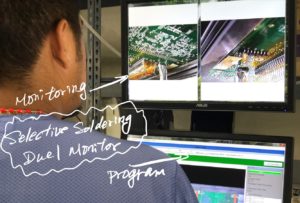Yun Industrial Selective Soldering
With SMT technology growing in popularity, through-hole technology is starting to take up less space on PCB assembly. Although through-hole pins are still necessary for many boards, and they still need to be soldered. Since this process can be very time consuming, many manufacturers have started using selective soldering, which is more precise and cost effective way to solder through-hole technology.
Before the rise of reflow soldering, a process that’s now more frequently used due to the increasing complexity of PCBAs, boards with a high number of through-hole pins underwent wave soldering, a process in which a board is passes through a solder wave. For through-hole technology, this posed few problems; pins could withstand more thermal shock and were much less expensive. But SMT packages are more sensitive—and expensive—and must be soldered in a reflow oven.
 However, some boards still require through-hole pins. This poses a small problem because through-hole pins cannot be soldered in a reflow oven and must be soldered separately. This can either be done by hand, or it can be done with a selective soldering machine.
However, some boards still require through-hole pins. This poses a small problem because through-hole pins cannot be soldered in a reflow oven and must be soldered separately. This can either be done by hand, or it can be done with a selective soldering machine.
Selective soldering involves soldering THT (through hole technology) components on printed circuit boards heavily populated with SMD’s (surface mounted components). This process is used when wave soldering is not possible and the alternative is labor intensive hand soldering.
The ERSA Versaflow is the industry benchmark, used by many blue chip OEM and CEM companies in UK such as BAe Systems, Rolls Royce and MBDA.
ERSA selective soldering machines include the Versaflow, Ecoselect and Smartflow range of machines.
